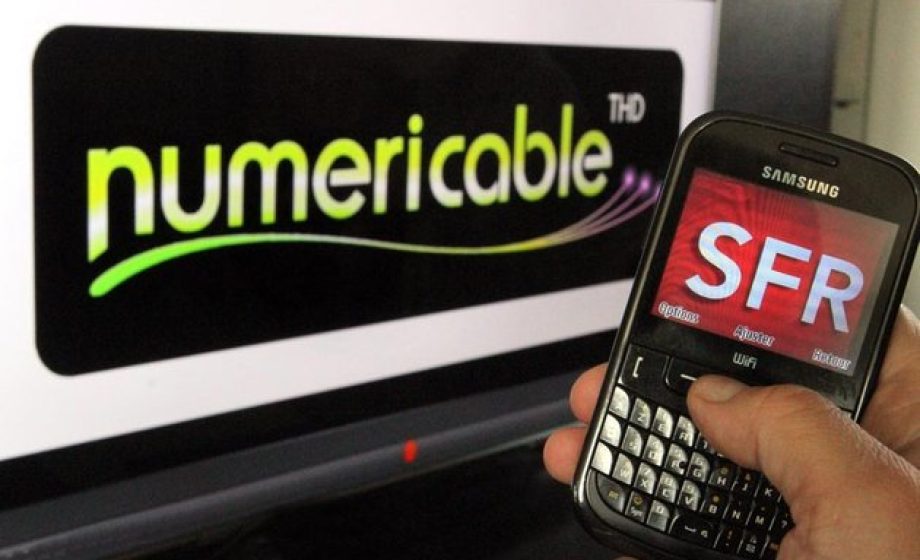
On Friday, the French telecom world was buzzing from a somewhat surprise decision that Vivendi would be entering into exclusive negotiations to sell-off its telco unit SFR to Numericable, effectively leaving Bouygues and, indirectly, Free out in the cold.
While Numericable had reportedly been Vivendi’s preferred candidate early on, Bouygues came in later in the game with a solid package that had the government’s, and particularly the minister of industrial renewal Arnaud Montebourg’s, blessing. In addition, in order to give reassurance to Vivendi that any deal wouldn’t be blocked by France’s anti-trust authority, Bouygues negotiated a deal to sell off its network and 15k antennas to Free should Vivendi choose Bouygues. Alas, it was not to be.
Consumers, on the other hand, may see this news as a big positive as many had expressed fears that a Bouygues-SFR deal would result in higher mobile prices as under that scenario there would be 3 large mobile operators instead of 4 currently.
What drove Vivendi’s choice?
The board’s near unanimous vote in favor of Numericable came as a shock to many closely following the situation. But according to Les Echos, the motivations around Vivendi’s choice was fairly clearl. The first reason? Money. Numericable offered 11.75 billion in cash vs Bouygues’ 11.3 billion, leaving a big 450 million gap between the two offers. Secondly, and perhaps most importantly, the complexity of Bouygues’ deal gave many on the board pause. Given that Bouygues would need to not only pull off taking on SFR but also divesting its own network and antennas to Free, created a scenario ripe with potential labor and legal complications. Not to mention the likely strong competitive response from Bouygues’ rivals, putting at risk the ‘synergies’ that Bouygues was arguing would be achieved with his plan.
Third, bringing to big giants such as Bouygues and SFR together, which would require such actions as integrating 700 retail outlets, would be a massive undertaking which Vivendi estimate would take up to 4 years. A long, prolonged integration would be highly risky for many reasons, not of least dragging down the stock price, a big concern to Vivendi who would retain a stake in the combined entity.
Fourth, the team didn’t view the Bouygues deal as a positive from a growth perspective. A SFR-Bouygues merger would have created a huge, mobile giant, with the #1 position in the market. The obvious question was would the combined entity ever have any real growth prospects? With Numericable really only having a strong presence in fixed and SFR having strength mobile, the board felt like the two entities were more compatible and would be better positioned for growth.
Finally, the fact that Xavier Niel had been looped into the situation also seemed to put some of the board members off a Bouygues deal. And Niel’s weighing in publicly on the deal (against Numericable), particularly as he had so much to gain, also didn’t sit well with the board members.
What’s next?
Vivendi will now enter into a three week exclusive negotiation period with Numericable. One would think though that as so many parties, including the government, came out publicly in favor of a Bouygues-SFR deal that there are probably still some back-room discussions going on.
If the Numericable deal ends up going through, Bouygues, in particular, would be in a pretty a tough spot. Having been one of he hardest hit by the entry of Free into the mobile market a couple years ago, the SFR deal was Bouygues’ best hope of strengthening their position. Free also seems to squarely come out on the loosing side in this. Behind in building out their own network, the deal would’ve been a fairly quick win for Niel’s Free in the sense that they could’ve been up and running much sooner on their own 2G, 3G, and 4G network. For now though it looks like it’s back to square for both telcos.

